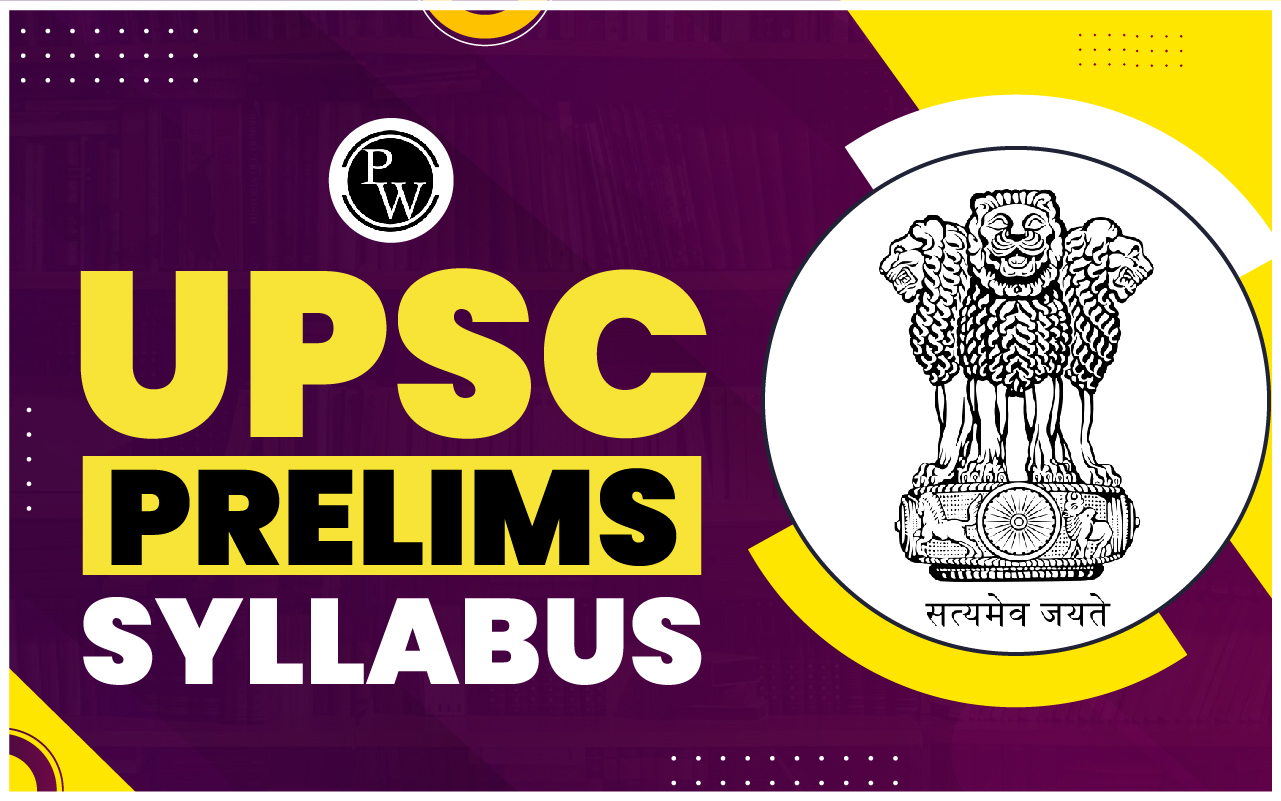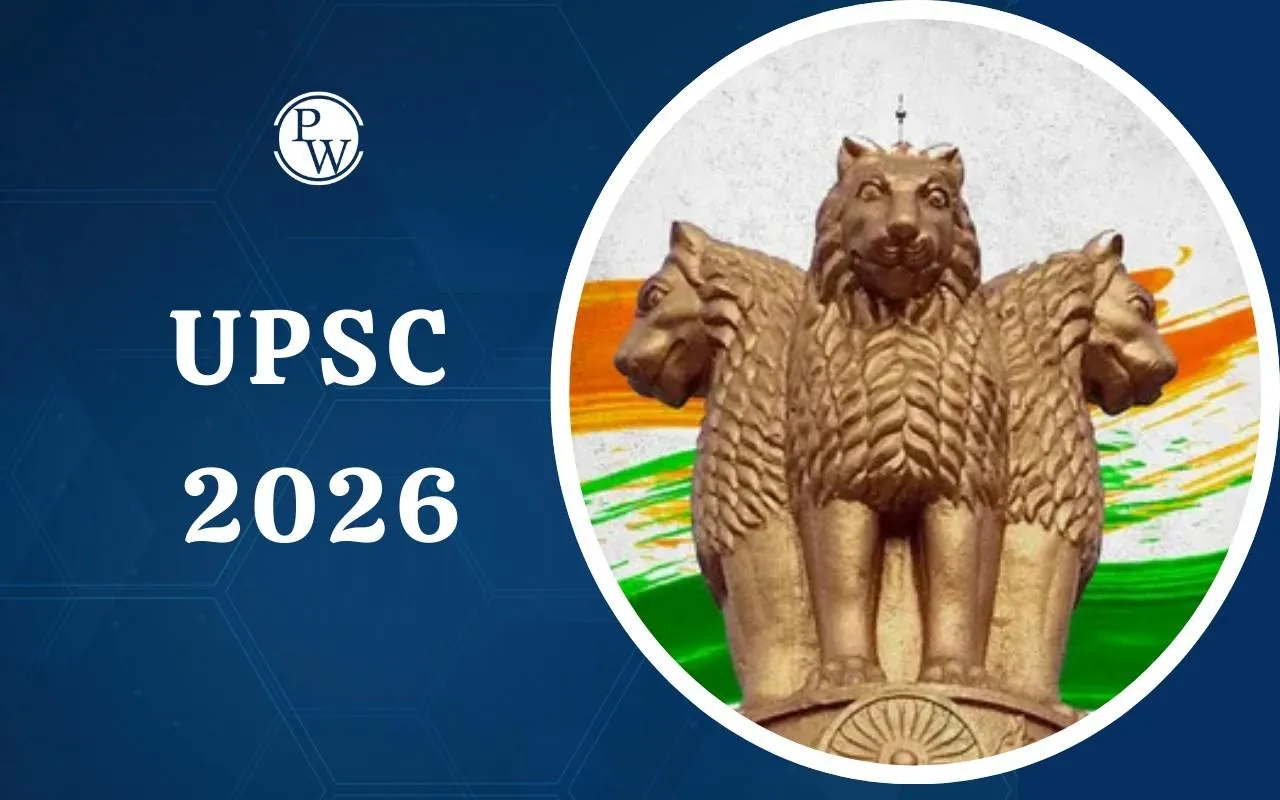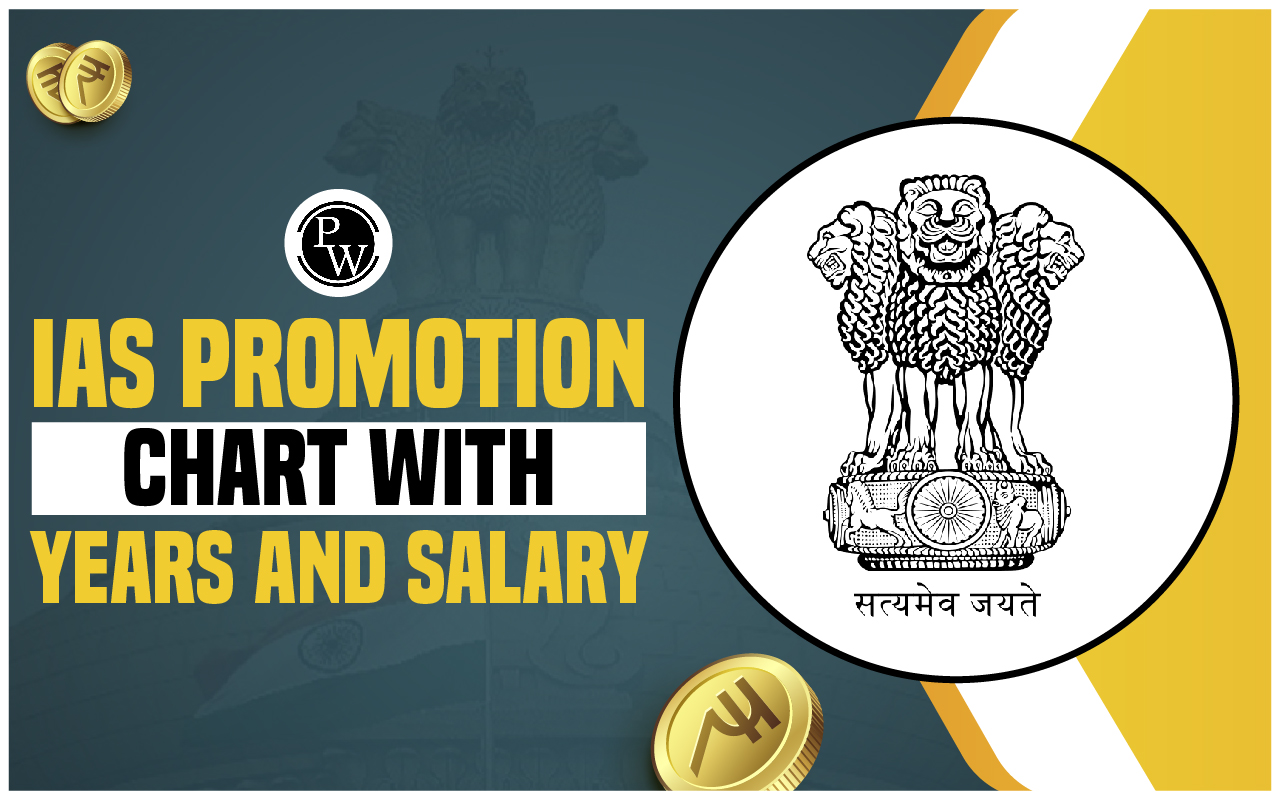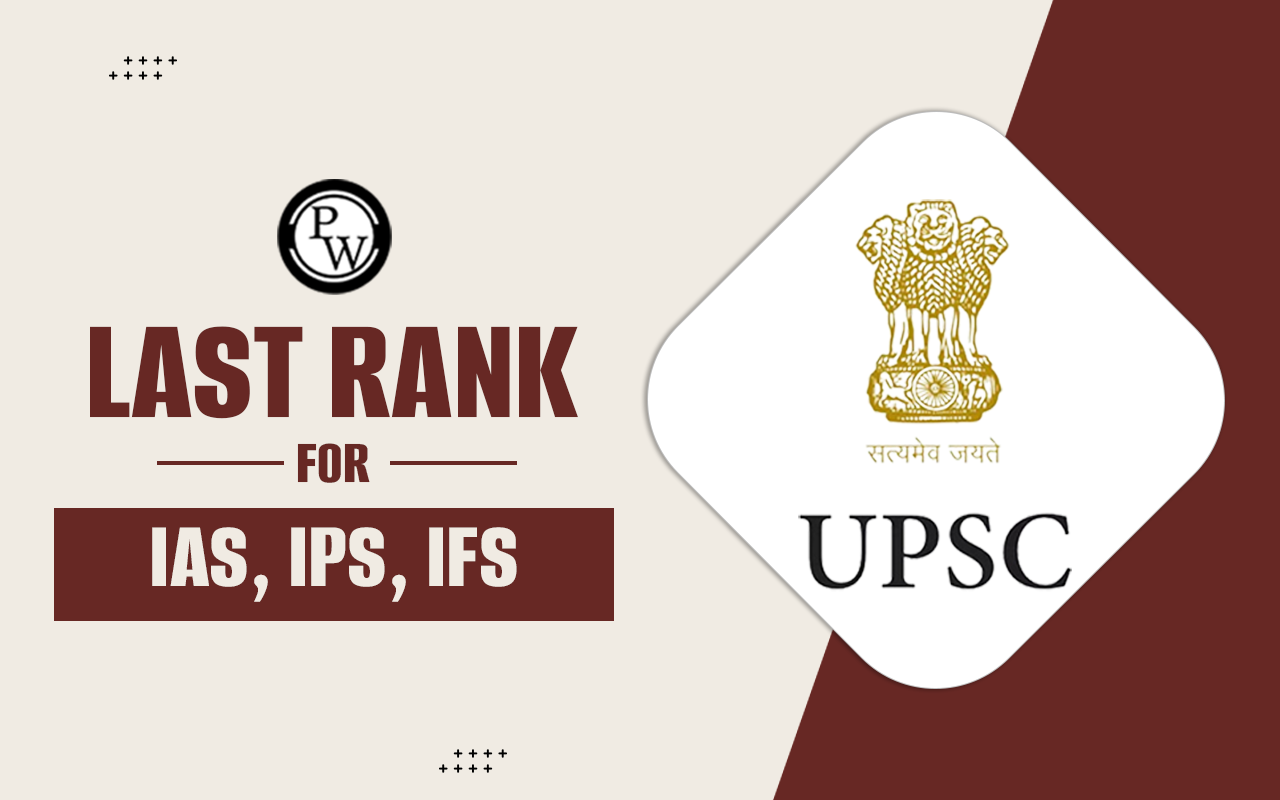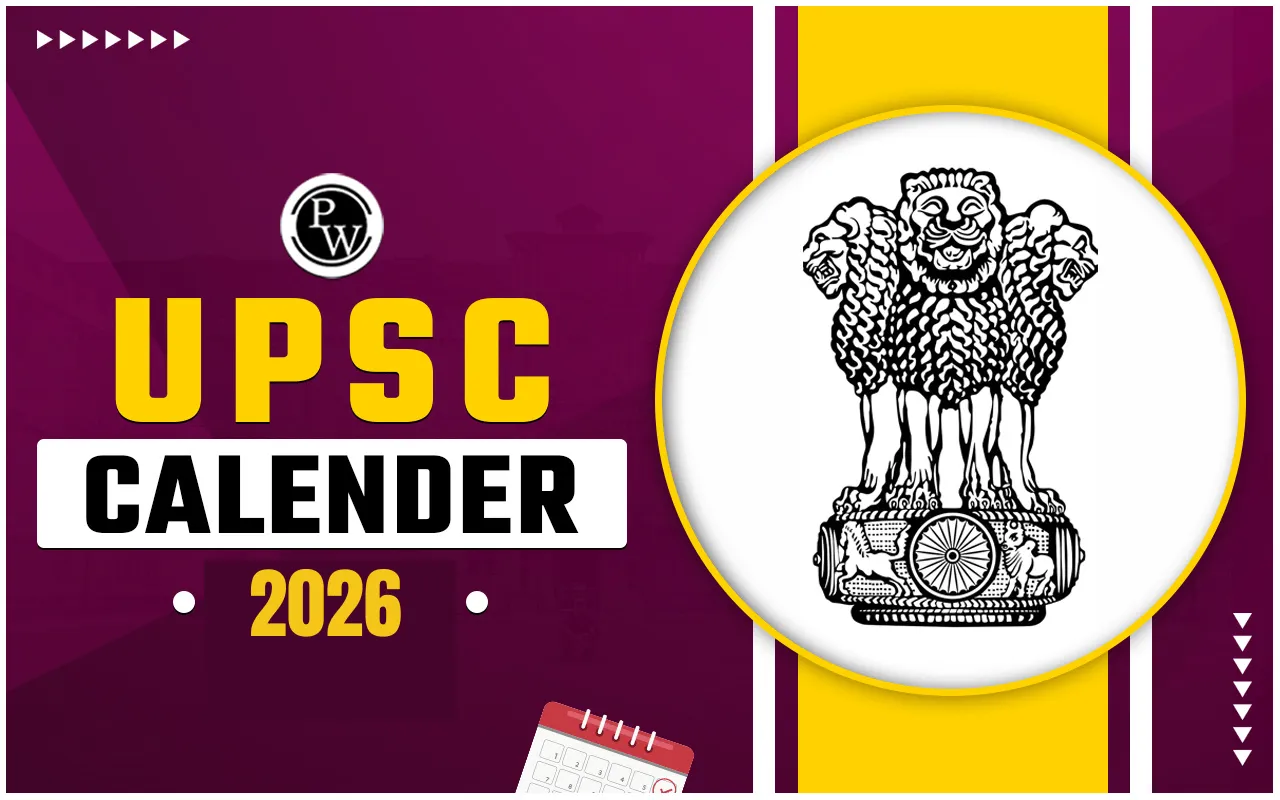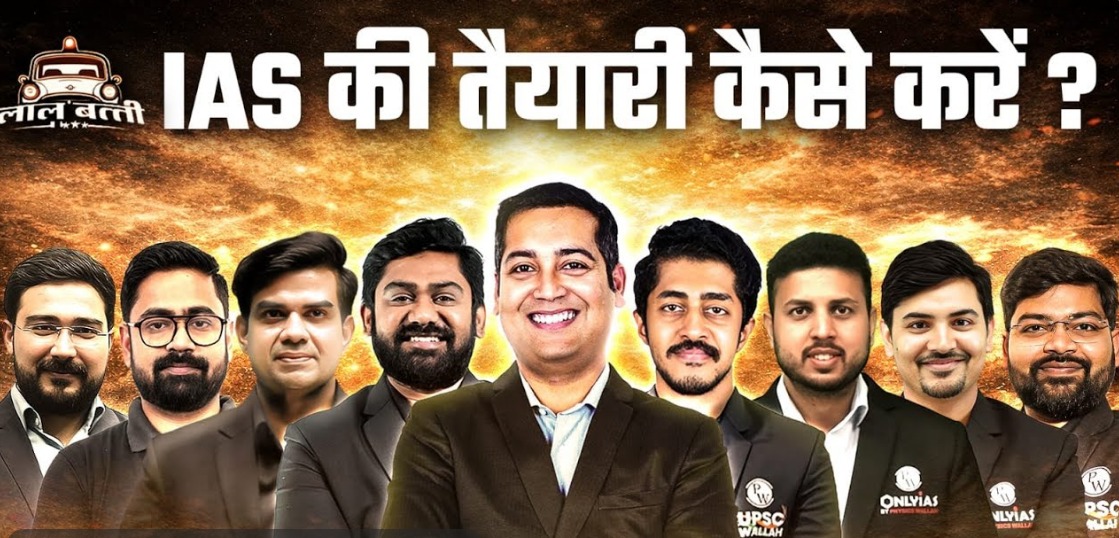
UPSC Philosophy Optional Syllabus 2025 is divided into two papers, each designed to test the candidates' understanding of philosophical concepts, theories, and their applications. Each paper carries 250 marks, making a total of 500 marks out of 1750 marks. This highlights the critical nature of selecting an optional subject, as it can significantly influence a candidate's overall score and ranking.
Candidates appearing for Philosophy Optional in the UPSC Mains exam can explore the UPSC Philosophy Optional syllabus, recommended books, and strategies to excel in this paper.UPSC Philosophy Optional Syllabus For IAS Mains 2025
UPSC Philosophy Optional is known for its concise syllabus, conceptual clarity, and high scoring potential. Philosophy offers a unique blend of abstract thinking and practical application. The subject tests a candidate's ability to critically analyze ideas, construct logical arguments, and engage with both Indian and Western philosophical traditions.
In the UPSC Mains 2025, the Philosophy optional continues to be structured across two papers, Paper I and Paper II, covering key topics such as Indian philosophy, Western philosophy, socio-political philosophy, and philosophy of religion. Here is the UPSC Philosophy Optional Syllabus for each paper in detail:
UPSC Philosophy Optional Syllabus for Paper I
UPSC Philosophy Optional Syllabus Paper I offers a deep delve into the History and Problems of Philosophy, covering topics such as Plato and Aristotle, Rationalism and Empiricism, Transcendental Idealism, theories of Ethics, and other relevant topics. Candidates can check the complete syllabus of Philosophy Optional Paper I from below:
Paper I: History and Problems of Philosophy
|
UPSC Philosophy Optional Syllabus for Paper II
The UPSC Philosophy Optional Syllabus for Paper II covers the diverse landscapes of philosophical thought, from the ancient wisdom of India to the modern debates of the Western world. This paper is structured to encompass a broad spectrum of philosophical inquiries, including:
Paper II: Socio-Political Philosophy and Philosophy of ReligionA. Socio-Political Philosophy
|
UPSC Philosophy Optional Syllabus PDF Download
The UPSC Philosophy Optional Syllabus PDF will assist aspirants in their preparation and help them stay organized. It provides a clear overview of all the topics covered in both Paper I and Paper II, allowing candidates to plan their study schedule effectively. Click Here to download:
UPSC Philosophy Optional Syllabus PDF - Click Here to Download
UPSC Philosophy Optional Exam Pattern
The UPSC Civil Services Examination offers Philosophy as one of its optional subjects, comprising two papers, Paper I and Paper II. These papers are among the nine detailed papers in the UPSC Mains examination. Here are highlights of the UPSC Philosophy Optional exam structure:| Particular | Details |
| Mains Paper | Paper VI and Paper VII |
| Subjects |
|
| Total Marks | 500 (250 Each) |
| Time allowed | 3 Hours for each paper |
| Sections | Section A and Section B |
| Questions | Total 8 questions with subparts |
| Compulsory Question | Question No. 1 and 5 |
| Marks Distribution | 10, 15, and 20 marker questions |
Pros and Cons of Philosophy Optional UPSC Subject
Unlike many other subjects, the Philosophy syllabus is static, meaning it does not require keeping up with current affairs. This can save time and reduce the breadth of study material needed. However, the paper's subjective nature might lead to scoring variability, depending on the examiner's perspective. So, if you are planning to select Philosophy as your subject, you should go through the possible advantages and disadvantages one gets from this subject:Pros Of UPSC Philosophy Optional Subject:
Choosing Philosophy as an optional subject for the UPSC examination can offer various benefits, especially for aspirants who are inclined towards analytical thinking and ethical reasoning. Here are the advantages of selecting Philosophy, highlighting how it can serve as a strategic advantage for candidates with a penchant for deep, reflective thought :- Philosophy has a significant overlap with the Essay and Ethics papers, providing an integrated approach to preparation.
- The static nature of the syllabus means less time spent on updating notes with current affairs, allowing for more revision cycles.
- With clear, logical presentation and original thinking, candidates can score high, even with subjective answers.
- Philosophy is theory-focused, benefiting from a wide range of easily accessible study materials.
- The success rate for Philosophy among English medium aspirants is notably high.
Cons of UPSC Philosophy Optional Subject:
While Philosophy as an optional subject in the UPSC exam offers numerous advantages, it's important to approach it with a balanced perspective. Like any other subject, Philosophy also comes with its own set of challenges and considerations. Here are some of the cons of the UPSC Philosophy optional subject:- The abstract concepts in Philosophy require a deep level of understanding and can be challenging for some aspirants.
- Compared to popular options like History or Sociology, there may be fewer coaching resources and experts in Philosophy.
- Depending on the examiner's perspective, the paper's subjective nature might lead to scoring variability.
Strategic Approach to Prepare for UPSC Philosophy Optional
The syllabus is relatively short compared to other optional subjects, allowing for a more focused and in-depth preparation. Here we have compiled some preparation strategies to help you get a better grasp of the subject:- Understand the Syllabus: Begin by thoroughly understanding the scope and depth of the syllabus.
- Select the Right Resources: Choose books and notes that are concise and cover the syllabus comprehensively.
- Make Notes: Develop your notes, especially for Indian Philosophy, as it helps in quick revision.
- Answer Writing Practice: Regular practice is crucial. Focus on structuring your answers logically and coherently.
- Revision: Given the syllabus's concise nature, multiple revisions are possible and recommended. Also, practice from the online UPSC mock test series to improve your accuracy and speed.
- Strategize Planning: Solve PYQs and mock tests in a time-bound manner, and understand the paper pattern of the UPSC. Strategize your strong areas and weak areas, and accordingly attempt the question to fetch maximum marks.
UPSC Philosophy Optional Subject Toppers
Many toppers have attributed their success to the strategic choice of Philosophy as their options. Here are a few names of UPSC Philosophy Optional Subject Toppers to draw inspiration from:| Name | Year | Rank | Marks |
| Avinash Kumar | 2022 | 17 | 319 |
| Amir Khan | 2022 | 154 | 286 |
| Divya Mishra | 2020 | 28 | 265 |
| Himanshu Gupta | 2019 | 27 | 287 |
| Anandu | 2018 | 127 | 319 |
UPSC Philosophy Optional Books For IAS Mains
By learning from the experiences of toppers and adopting a disciplined approach to study, aspirants can leverage Philosophy to enhance their overall performance in the UPSC Civil Services Exam. Here is a list of UPSC Philosophy Optional Books to help you prepare for the subject:| Paper I |
|
| Paper II |
|
UPSC Philosophy Optional Syllabus 2025 FAQs
Is Philosophy a scoring subject in UPSC Mains?
Can I study for the Philosophy Optional and Prelims at the same time?
How many papers are there in the Philosophy optional?
What's the difficulty level of the Philosophy Optional in UPSC?
Is Philosophy a good optional for non-philosophy graduates?


